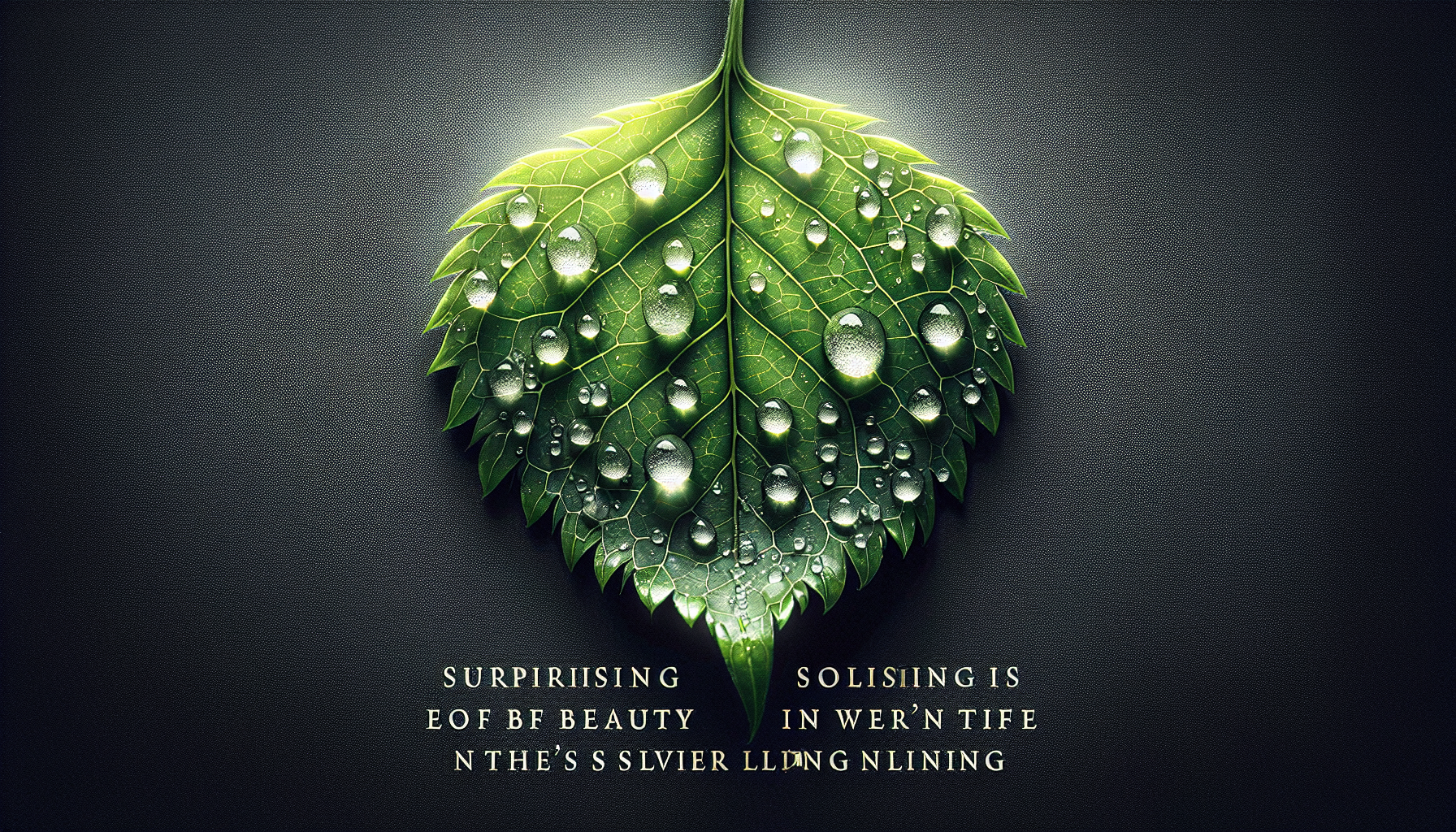Beyond the Paycheck: The Benefits and Challenges of Being a Funeral Director

The role of a funeral director involves guiding families through some of the most difficult moments of their lives. This responsibility can take a significant emotional toll. According to Jessica, a funeral director with over a decade of experience, “Every family is different, and every loss is unique. It can be emotionally draining to be the one they turn to in their grief, but it’s also an honor to help them celebrate their loved ones.” Funeral directors often find themselves at the intersection of grief and gratitude. While they are tasked with managing the logistics of end-of-life arrangements, they also provide emotional support to bereaved families. This duality can lead to a phenomenon known as "compassion fatigue," where the weight of others' grief can become overwhelming. To combat this, many funeral directors emphasize the importance of self-care and mental health resources, seeking support from peers and professional counseling when necessary. For example, the National Funeral Directors Association (NFDA) has recognized the need for mental health resources within the industry and has begun promoting programs that help funeral directors navigate their emotional well-being.
Job Satisfaction and Purpose
Despite the emotional challenges, many funeral directors report a deep sense of job satisfaction and purpose. For Mark, a third-generation funeral director, the profession is not just a job; it's a calling. “I love being able to help families create meaningful tributes to their loved ones,” he shares. “Every service is a chance to honor a life, and that gives my work a profound significance.” This sense of purpose is echoed across the industry. According to a survey conducted by the NFDA, 85% of funeral directors reported feeling fulfilled in their work. The ability to make a positive impact during a family’s time of need provides a unique motivation that extends beyond financial gain. Many directors find joy in the small details, whether it’s personalizing a service to reflect a loved one’s hobbies or simply being a comforting presence in a time of sorrow. Additionally, the satisfaction derived from the profession can stem from the relationships built with families over time. Many funeral directors develop long-lasting connections with the communities they serve, enhancing their sense of belonging and purpose in a role that often feels isolating due to its unique nature.
Work-Life Balance Challenges
While the emotional rewards are significant, the work-life balance can be challenging. Funeral directors often work irregular hours, responding to calls at all hours of the day and night. This unpredictability can strain personal relationships and lead to burnout if not managed effectively. Amy, who has been a funeral director for five years, admits, “It can be tough to set boundaries. There are days when you just want to go home and be with family, but duty calls.” To mitigate these challenges, many funeral homes are increasingly implementing policies that encourage a healthier work-life balance. Flexible scheduling, mental health days, and team support systems are becoming more common, allowing funeral directors to recharge and maintain their well-being. For instance, some funeral homes now have rotating on-call schedules, allowing directors to have designated personal time while ensuring that families receive the support they need. The importance of work-life balance is underscored by studies that link job satisfaction to overall mental health, suggesting that when funeral directors take care of their emotional and personal needs, they can better serve their clients.
Being a funeral director is far more than a job; it is a journey filled with both significant challenges and profound rewards. While the emotional toll can be daunting, the opportunity to provide comfort and support to families during their most difficult moments brings an unparalleled sense of purpose and satisfaction. As the funeral industry continues to evolve, it is essential to recognize and appreciate the work that funeral directors do—not just for their technical skills, but for their compassion and dedication to honoring lives. By sharing their stories, we can foster a deeper understanding of this vital profession and the people who choose to dedicate their lives to it. Ultimately, the role of a funeral director is a rich tapestry of human experience that transcends the paycheck, embodying a commitment to service, empathy, and resilience amidst the challenges of life and loss.
Grief Counselor
Hospitals, funeral homes, community health organizations, private practice
Core Responsibilities
Provide emotional support and counseling to individuals and families coping with loss.
Facilitate support groups to help participants share their experiences and feelings.
Develop personalized coping strategies and resources for clients.
Required Skills
Strong communication and active listening skills.
Background in psychology or social work, often requiring a Master’s degree.
Experience in crisis intervention and understanding of grief processes.
Funeral Service Manager
Funeral homes, cremation services, funeral service corporations
Core Responsibilities
Oversee the daily operations of a funeral home, ensuring compliance with regulations.
Manage staff, including funeral directors and administrative personnel.
Develop and implement marketing strategies to promote services.
Required Skills
Strong leadership and organizational skills.
Knowledge of funeral service regulations and business management.
Experience in budgeting and financial planning.
Mortuary Science Educator
Community colleges, universities, specialized mortuary science programs
Core Responsibilities
Teach courses in mortuary science, funeral directing, and grief counseling at colleges or vocational schools.
Develop curriculum and instructional materials that meet accreditation standards.
Mentor students and provide career guidance within the funeral industry.
Required Skills
Advanced degree in mortuary science or a related field, often with teaching certification.
Strong communication and interpersonal skills.
Experience in the funeral service industry with a passion for education.
Embalmer
Funeral homes, crematories, mortuary services
Core Responsibilities
Prepare bodies for viewing by performing embalming and restorative techniques.
Ensure compliance with health regulations and safety standards during the embalming process.
Work closely with funeral directors to provide a compassionate experience for grieving families.
Required Skills
Completion of an accredited mortuary science program and state licensure.
Attention to detail and strong technical skills in embalming techniques.
Ability to work under pressure and manage emotional situations with sensitivity.
Death Care Compliance Officer
Regulatory agencies, funeral service corporations, consulting firms specializing in death care compliance
Core Responsibilities
Ensure that funeral homes and related businesses comply with federal, state, and local regulations.
Conduct audits and inspections of practices and procedures within the death care industry.
Provide training and resources to staff on compliance-related issues.
Required Skills
Knowledge of funeral service laws and regulations, often requiring a legal background.
Strong analytical and problem-solving skills.
Excellent communication skills to convey compliance requirements effectively.


